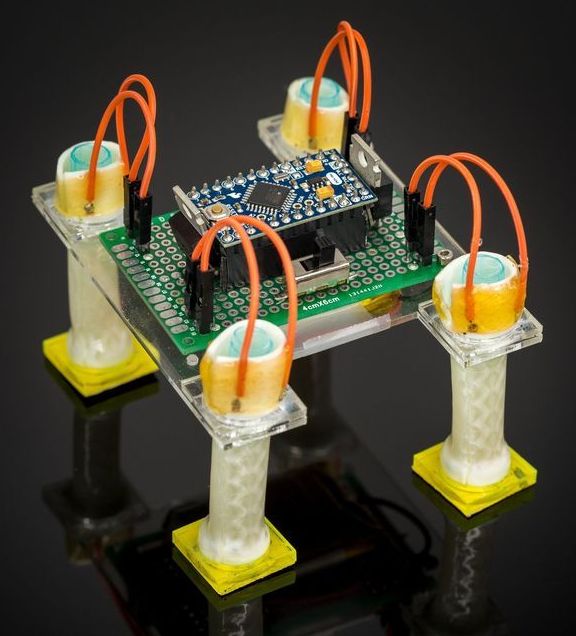Oct 13, 2019
The Mitochondria are the power stations of every cell in our body, turning the food we eat into energy
Posted by Tanvir Ahmed in categories: biotech/medical, food, life extension
Unfortunately, as we age they begin to breakdown due to damage.
MitoSENS project aims to reverse that damage with the goal of preventing age-related ill health. In their first study, they managed to show that allotopic expression of two mtDNA genes from the nucleus could bring back several functions in a patient cell line.
MitoSENS team is currently running a crowdfunding campaign on Lifespan.io to collect money for the next crucial step of this project. Scientists want to investigate if functional backup copies of mitochondrial DNA genes in the nucleus can replace their mutated counterparts in live animals, and if this could rescue mitochondrial function.


















